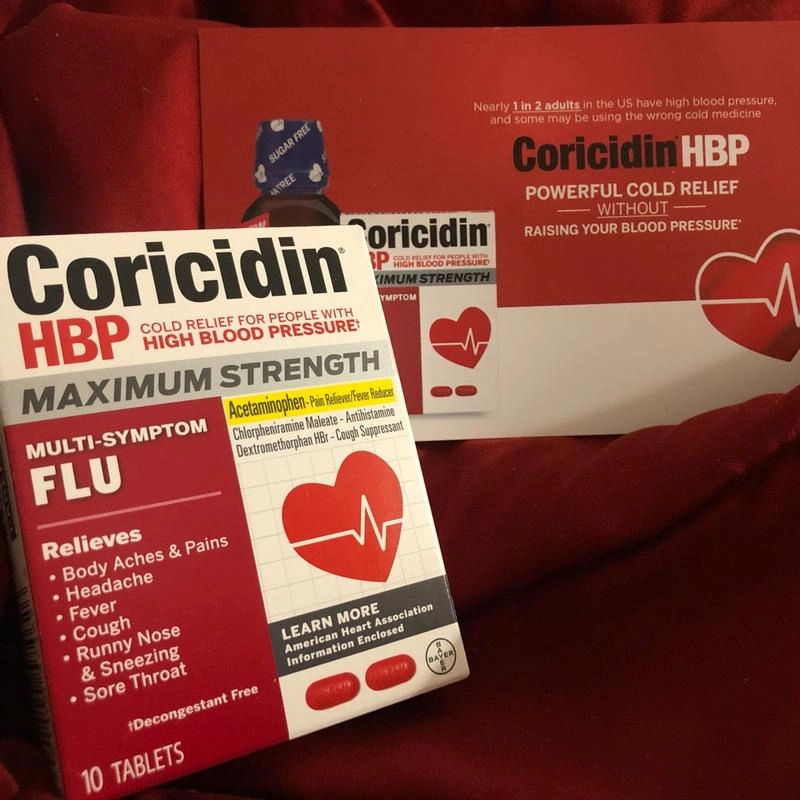Health administration jobs include the management of health systems and facilities so that they may work correctly. And, within this detailed guide, find what they are, what the requirements are to enter them, what roles exist in this profession as you read on.

The health sector is vast, with different job types whose collaboration at work ensures the smooth running of hospitals, clinics, and any other health facility. Among the vital jobs present in the health sector involve those dealing with health administration.
Health administrators, also known as healthcare managers, play a very important role in managing the business sides of healthcare to ensure medical services are delivered effectively and efficiently.
But what is the role of the health administrator? How does one become a health administrator, and what are the benefits awaiting one along the path? You’d have to stay put to get the answers you want.
What Are Health Administration Jobs?
Simply put, these are classifications of occupations involved in the management of healthcare facility operations, such as those of hospitals, clinics, nursing homes, and other medical institutions.
These occupations give full attention to administrative and business concerns in the management of health services and organizations with due respect to the operations and quality care accorded to the patients.
Administrative health professionals are responsible for the day-to-day operations of a healthcare institution, including personnel matters, budgets, policies, and government regulations.
Are there Units in Health Administrative Jobs?

Sure! They work behind the scenes to allow health professionals—such as doctors and nurses to conduct their work in patient care without concern for operational details. Some titles and their definitions for common positions in health administration include:
1. Hospital Administrator
Operates the affairs of a hospital.
2. Clinic Manager
Operates the activities of smaller health facilities, such as clinics.
3. Nursing Home Administrator
Responsible for managing nursing homes along with long-term care facilities.
4. Healthcare Operations Manager
The logistics and day-to-day operation of healthcare services concern.
5. Medical Practice Manager
Responsible for the business aspect of a medical practice to ensure proper patient care delivery.
They are vital in ensuring health facilities remain at an economic level, have the necessary resources available, and abide by set laws and regulations.
Requirements to Get a Health Administration Job
Health administration requires some educational and professional requirements for one to work in. The following are the general qualifications necessary in the pursuit of a health administration career:
1. Educational Background
Typical entry points into health administration positions would usually involve the attainment of a bachelor’s degree in health administration, healthcare management, or another similar type of concentration.
These are more senior management positions, such as those held by a hospital administrator or director, which would better be suited to an MHA, MBA with a focus on healthcare, or MPH. Advanced degrees afford much greater preparation in leadership, healthcare laws, and management techniques.
2. Skills Required
For healthcare, administrators are the added ingredient of needing business acumen while understanding the element of healthcare. Some key skills in the career will include the following:
- Leadership: Many times, health administrators manage teams of healthcare professionals. As such, strong leadership qualities are basic ingredients for health administration.
- Communication: Health administrators should be able to effectively communicate with medical staff, patients, and others.
- Organization: This is quite important in organizing the activities within a healthcare facility and ensuring that everything goes as scheduled.
- Problem-solving: Health administrators have to develop critical thinking to solve unforeseen problems that may arise during practice and are usually time-sensitive.
- Financial Management: One should be conversant with budgets, billing processes, and financial reports to protect healthcare facilities from financial jeopardy.
3. Licensing and Certification
Many states require licensure, for example, to practice as a nursing home administrator, usually requiring an examination in addition to educational/experience eligibility.
Certification programs from American College of Healthcare Executives (ACHE) or Healthcare Financial Management Association (HFMA) are added assets in ensuring the qualification and skills of a candidate in the management of healthcare facilities.
What is the Job Role of a Health Administrator?

The role varies according to the type of healthcare facility and, in some instances, according to the position that a health administrator may hold. But, the primary concern of a health administrator is to ensure a smooth flow and running of the facility that he or she oversees, alongside:
1. Overseeing Daily Operations
Health administrators are responsible for the day-to-day functioning of the healthcare facility. This involves managing the scheduling of staff, ensuring that medical supplies are available, and other general operations of the facility.
2. Staff Management
A health administrator’s role consists, to a great extent, of managing physicians and nurses along with other support personnel. This includes staffing activities such as hiring, training, performance appraisal, and resolving other personnel problems.
3. Budgeting and Financial Management
The health administrator has to maintain the financial functions of the facility in order, handle budgets, perform billing procedures, and make financial decisions on behalf of the healthcare facility to maintain the facility financially stable.
4. Ensuring Compliance
Various strict regulations and laws govern healthcare facilities for the care of patients and their privacy, such as those related to the Health Insurance Portability and Accountability Act. The health administrator is responsible for keeping his or her facility up to date and in compliance with all applicable regulations and standards.
Lastly, it would be beneficial to add that it may be through the implementation of new policies, adopting new technologies, or working hand in glove with the medical staff for betterment regarding procedures of patient care.
Why Be a Health Administrator?
Working in healthcare administration can be quite an enriching career on any number of levels, and there are a few reasons to back this decision like:
1. High Demand
The healthcare sector is at an all-time high, and so are the jobs in health administration. As the population grows older and their health requirements augment, so will the administration required for such facilities. This therefore means job security, coupled with growth opportunities for those already in the sector.
2. Competitive Salary
Health administration jobs have salaries considered competitive in the market, especially in high-management levels. The U.S. Bureau of Labor Statistics estimates that, as of 2020, the annual median salary for medical and health services managers was about $104,280, although this may be higher depending on the facility’s size and location.
3. Making a Difference
This job helps practitioners strive to ensure patients receive quality care from a healthcare facility. As much as they may not engage directly in patient care, their work creates an enabling environment where healthcare professionals can focus on providing the best possible treatment to patients.
4. Career Growth Opportunities
There is also a variety of opportunities for career advancement in health administration. Added experience and education can, for example, advance health administrators to the following higher level managerial positions: hospital CEOs or directors of operations.
5. Diverse Work Environments
The health administrator has an open avenue for working in various healthcare-based facilities: hospitals, clinics, nursing homes, and even government agencies. With flexibility in the choice of environment, one might find the most suitable one which would interest them and provide satisfaction for their career goals.
Most administrators in health derive satisfaction from their work, knowing that they contribute a great deal to the smooth running of health facilities and helping bring about much improvement in patient care. Though the work might be overwhelming at times, it is rewarding since one is part of the field that changes people’s lives.
Bottom Line
Health administration jobs are very vital to the smooth running and operation of health facilities, as they ensure that the hospitals, clinics, and other medical institutions are operational so that healthcare professionals can focus on treating patients.
From organizing staff to budgets and regulatory compliance, the role of health administrators is very important in the healthcare system.
The path to becoming a health administrator usually calls for education, skills, and experience in managing healthcare services. Even though this might be a challenging job, it has a variety of benefits to come with it, from job security to high-end salaries, and satisfaction by being able to contribute positively to healthcare services.
Skilled health administrators will be in high demand as the healthcare industry continues to grow. Health administration can be a very rewarding career for individuals who have an interest in healthcare and also possess business and leadership skills.






